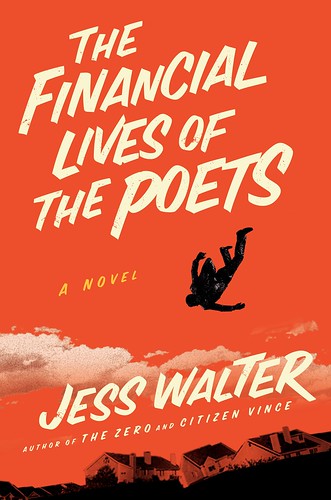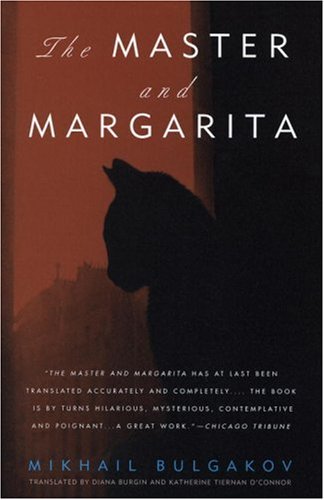 Why have humans in different parts of the world been so consistently dominant over the people in other parts of the world? How do some societies manage to produce so many trade goods and services while others simply work to sustain themselves? These are just a few of the questions that Jared Diamond attempts to answer in Guns, Germs and Steel.
Why have humans in different parts of the world been so consistently dominant over the people in other parts of the world? How do some societies manage to produce so many trade goods and services while others simply work to sustain themselves? These are just a few of the questions that Jared Diamond attempts to answer in Guns, Germs and Steel.As the reader may guess, Diamond states that economically and politically dominant countries have prospered because they possess guns, germs and steel. This may be obvious, but it is not this conclusion that takes up the bulk of the book. Rather, Diamond tries to explain how European and Asian cultures have been especially prosperous without resorting to racist or ethnocentric assumptions. Some of his most interesting points are the following:
- The geographic layout of Europe and Asia are more conducive to the spread of cultures and technologies than other continents.
- The fact that humans first evolved in Africa and migrated north through Europe and Asia before reaching other continents helped to preserve more large animal species for later domestication.
- These things don’t necessarily mean that Europeans and Asians are more intelligent or innovative than other societies, but that their situations have been better suited toward some types of developments.
I really enjoyed this book; I am not an anthropologist or archeologist, but I found the topic very entertaining. Diamond writes in a way to explain these complex evolutionary topics to people who are not well acquainted with the field (though I think a little bit of knowledge of human evolution is helpful). Diamond's writing and conclusion were enjoyable; I felt that I took away a good deal from reading this book. And the topic was an admirable one, reminding us that people of different cultures aren’t as dissimilar as we sometimes seem.







